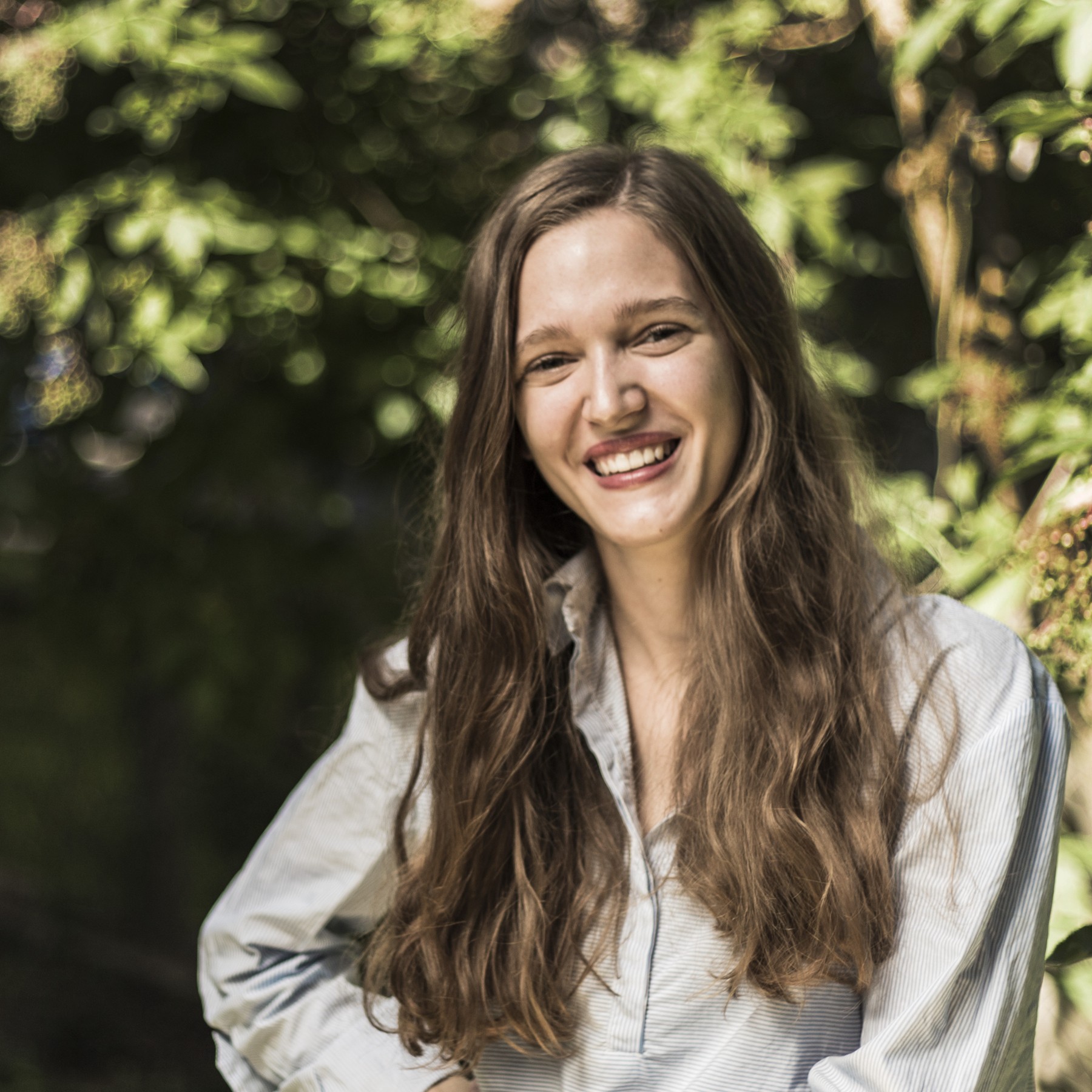Housing is a complex and multifaceted topic. We want our homes to be eco-friendly, socially inclusive, well-maintained, and – at the end of the day – affordable. That sounds like quite a challenge to tackle, doesn’t it?
The six EU projects presented here had the courage to face this challenge. Some of them are closed already while others are still ongoing. However, whatever their status, these projects prove that bettering the (European) housing situation is in fact possible. We find a lot of courage in that and hope you will too!
Concluded Projects
HOPUS
Aim
Study, disseminate, and implement approaches to make housing in cities better, greener, safer, and more affordable.
How?
HOPUS tackled the above-described challenge by bringing together two city councils and five universities. The various partners each focussed on a different housing-related issue: building regulations, energy certification, and construction technology, for example. To learn more about their concrete approach, click here.
What?
In a fact sheet, the partner universities presented a set of recommendations, i.e., an action plan on how to improve European cities. The same document also includes lessons learnt during the project, and here you can access the final report of HOPUS.
Where?
Partnering organisations of this project were:
- City of Reggio Calabria (Italy),
- Sheffield City Council (UK),
- Gdansk University of Technology (Poland),
- Technical University Delft (Netherlands),
- University of Minho (Portugal),
- ‘Mediterranea’ University of Reggio Calabria (Italy),
- ‘Sapienza’ University of Rome (Italy).
When?
August 2008 to April 2010
Budget
€250,000
PROMISE
Aim
Improve municipality property management and thereby help cities to tackle new urban challenges.
How?
PROMISE tried to fulfil its promise by:
- Enabling the exchange of experience via a study of institutional frameworks and practices.
- Implementing a digital property inventory and accounting management system.
- Implementing pilot projects as well as pre-feasibility projects.
- Setting up a municipal management authority.
- Developing and sharing skills, knowledge, and best practices.
What?
In its various partnering countries, PROMISE managed to implement the above-listed approaches. The outcome was a huge collection of useful guides (see ‘PROJECT OUTPUTS’) on improving municipal property management.
Where?
The project’s partners were located in Italy, Romania, Slovakia, Croatia, Bulgaria, Greece, Albania, and Serbia. For more information about PROMISE, click here.
When?
March 2009 to February 2012
Budget
€1,458,824
Social Green
Aim
Make the social housing market more energy-efficient and thereby turn it into a lower carbon economy.
How?
Social Green wanted to achieve its goal by facilitating interregional cooperation. To do so, it organised:
- study visits,
- good practice workshops,
- local stakeholder meetings,
- other events to exchange skills, knowledge, and thoughts.
What?
During the project, 45 policy learning events took place, 13 good practices were defined, and 6 concrete action plans were formulated.
Where?
Eight partners from six different countries were involved in the project, namely Portugal, Spain, Croatia, Estonia, Sweden, and Romania.
When?
April 2016 to March 2021
Budget
€1,191,397
Active Projects
SHICC
Aim
Establish more successful Community Land Trusts (CLTs) in north-west Europe.
CLTs are “non-profit, democratic, community-led organisations” aiming to provide affordable housing for low- to medium-income households.
How?
SHICC will:
- Set up four pilot projects for CLTs.
- Start a voucher scheme to encourage the creation of 33 new CLTs.
- Launch an online platform.
- Present a policy paper to act as a guide for CLT-related financial decisions.
What?
Through these actions, the project will:
- Strengthen the concept of CLTs in north-west Europe.
- Establish policies, funding, and regulations for CLTs.
- Build a movement across north-west Europe.
Where?
SHICC is centred around the Netherlands, Germany, Scotland, and Ireland. Other partners are located in France, England, and Belgium. For more information, visit the project’s official website.
When?
September 2017 to December 2021
Budget
€3,769,419.84
SUDOE ENERGY PUSH
Aim
Make social housing more energy-efficient and increase the quality of life of vulnerable citizens.
How?
SUDOE ENERGY PUSH aims to reach its goal by using passive renovation and BIM methodology.
What?
Expected results of the project include:
- Defining a methodology for the renovation of social buildings.
- Improving the energy efficiency and decreasing the emissions of said buildings (e.g., by using clean energies).
- Reducing energy bills and energy poverty.
Where?
This project is taking place in Portugal, Spain, and France. For more details, take a look at the project’s description on keep.eu.
When?
September 2019 to August 2022
Budget
€1,849,943.51
H4.0E
Aim
Grant the population of north-west Europe access to affordable near-zero energy homes (NZEHs) and zero energy/low carbon homes (ZEHs).
North-west Europe emits the most CO2 of any region in Europe, and one-third of its CO2 emissions are currently caused by the private housing sector. The project aims to cut housing-related carbon emissions by 60% and decrease home building costs by one-fourth.
How?
H4.0E will make use of new digital technologies and develop an H4.0E digital platform. This platform is thought to make the digitalisation of building homes easier and will share the techniques developed.
Within the project, partnership and communication are also key. Housing 4.0 Energy gets local stakeholder groups involved to identify (and deal with) housing-related issues (financial, legal, etc.).
The project is being implemented in six pilot sites.
What?
Plans for these six pilot sites include:
- Implementing new energy solutions and building techniques.
- Using low carbon construction materials.
- Accessing the H4.0E platform.
- Decentralising production and setting up sustainable supply chains.
- Building 48 model housing units.
- Offering training to building sector employees.
- Proposing recommendations for policymakers.
Where?
The six pilot sites are:
- Gemeente Almere in Almere (Netherlands),
- Province Flemish Brabant (Belgium),
- EIfI-Tech in Schwäbisch Gmünd (Germany),
- 3CEA in Carlow, Kilkenny, and Wexford (Ireland).
For more detailed information about the project and its partners, click here.
When?
May 2018 to August 2022
Budget
€4,231,209.50


